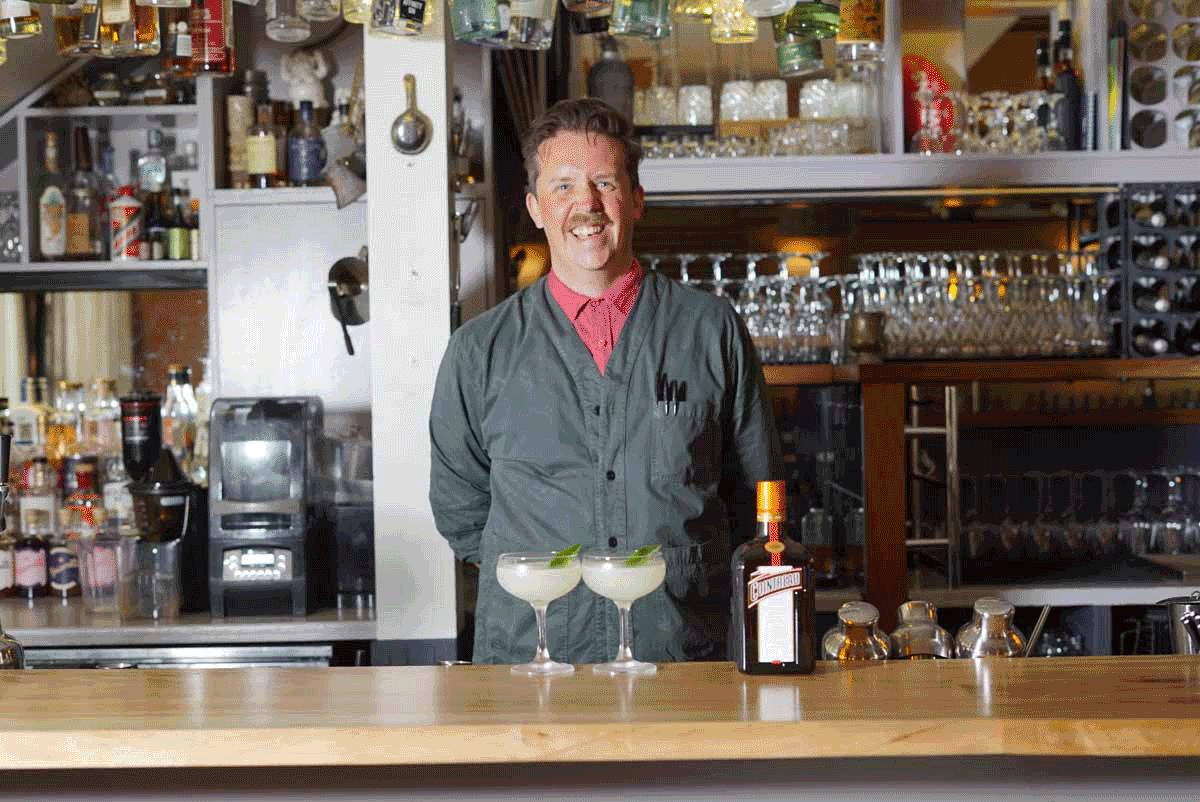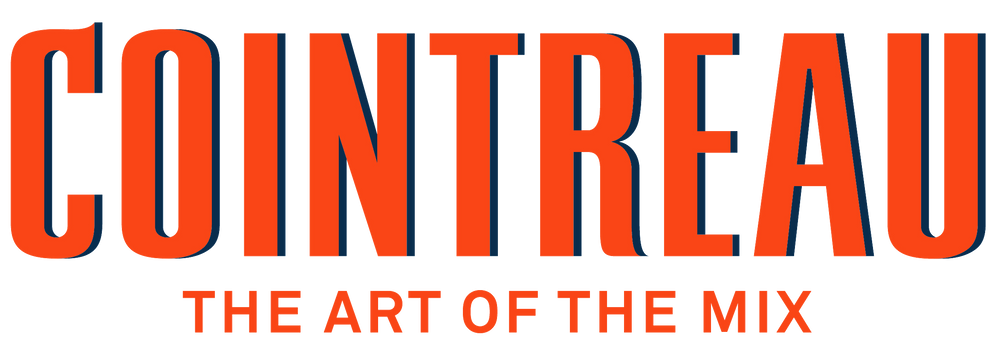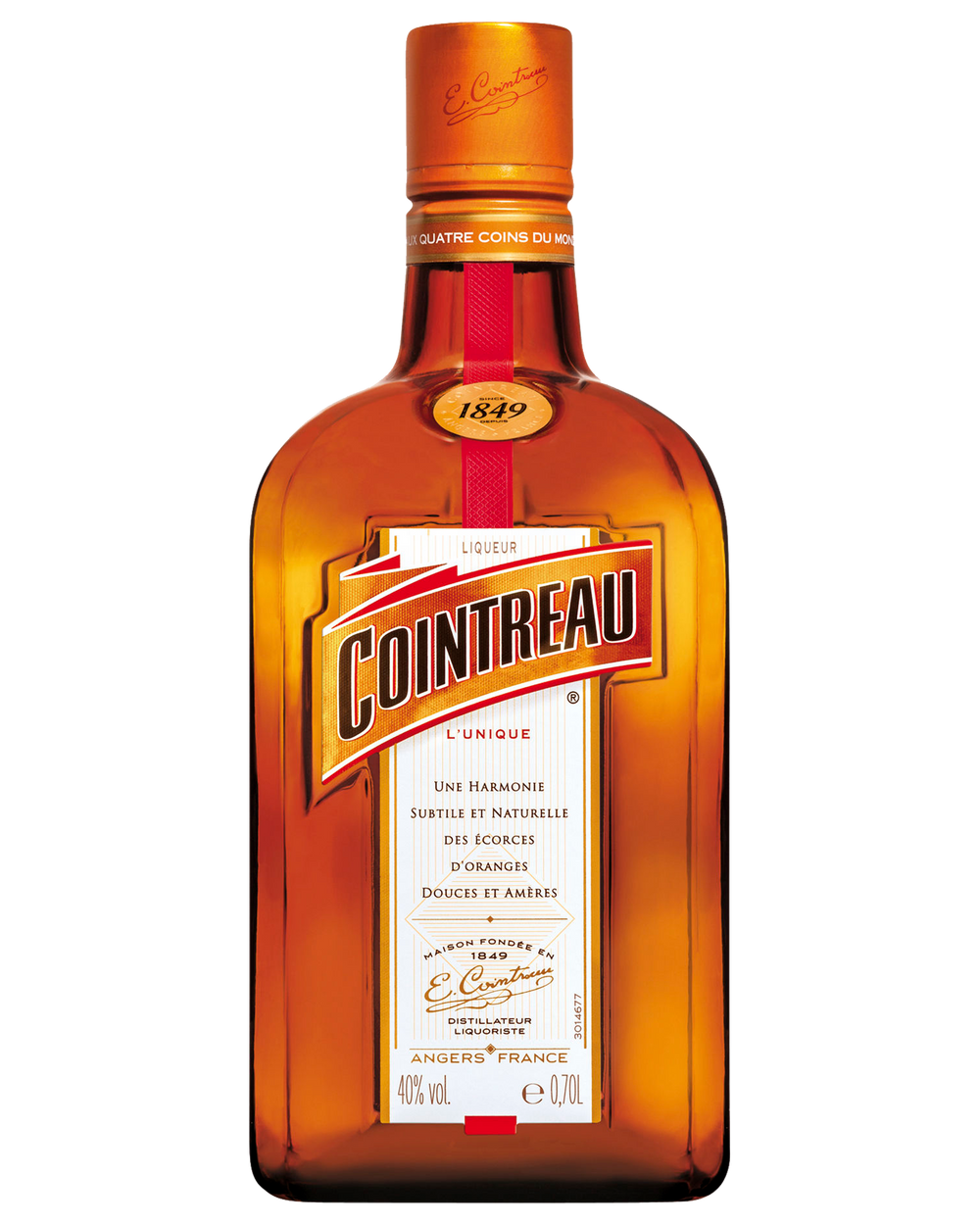Lee Potter Cavanagh’s Rosenbaum & Fuller explores what it is to be Australian
Lee Potter Cavanagh explores what Australian culture is through food and drink.


“We’re able to be really open, and open to ideas and change and trying new things,” says Lee Potter Cavanagh. The veteran bartender is talking about what makes up Australian culture, and he’s excited by Australian flavours, spirits, and ingredients. It’s also what his Bondi restaurant and bar, Rosenbaum & Fuller, is dedicated to exploring: what does it mean to be Australian?
Potter Cavanagh cut his hospitality teeth in the busy pubs and bars of early 2000s Sydney at venues like Hotel Bondi and Cargo Bar, before diving into the cocktail world, notably running The Victoria Room during its heyday.
With a stint in London, time as a brand ambassador and plenty of bar consulting under his belt, Potter Cavanagh also won the title of 2015 Bartender of the Year.
In 2018 he opened Rosenbaum & Fuller. Three years (and a pandemic) on, we caught up with him to learn more about his approach to Australian ingredients, spirits and wine.
Watch the video here, and — lightly edited and condensed for clarity — you’ll find our full conversation below.
Boothby: How long has this place been open?
Lee Potter Cavanagh: We opened it three years ago in October 2018.
What's the idea behind Rosenbaum & Fuller?
Basically, as everyone who knows me well knows, I'm a massive nerd. I've always wanted to open my own venue and do something, and so I thought long and hard about what I wanted it to be. I love hospo. And I love the aspect of bars and venues being a part of society where culture happens.
As a kid, I kind of always had a bit of a chip on my shoulder about the kind of the food culture I grew up with, you know, I grew up with a great family, I'm not complaining about my family, and obviously grew up very privileged — white guy in Australia, pretty lucky. But both sides of my family have been in Australia for at least four or five generations. So to say the food culture that I grew up with was, like, diverse or interesting or had like, some nice flavour would not be the case.
What What kind of food are we talking?
I vividly remember when my grandma was taking care of us, and she gave us sandwiches, which we thought were cheese sandwiches, and we were like, what cheese is this grandma? And she was like, cheese? And we're like, oh, that's just a big slab of butter. Like, like shitty butter on two big pieces of wonder white — that's a sandwich, you know?
I felt like I didn't have any cool culture to draw from. And most of the people I grew up around and knew growing up all had these cool family histories and amazing food and culture to draw from and I kind of felt like, like a lot of Australians do I think, what is it to be Australian? What is the culture? I don't feel like it's strong, you know?
I guess it was while traveling and being overseas and looking from the outside in, I realised that actually Australia has an incredible food culture. And actually I was really privileged to grow up in Sydney and hospitality and I was exposed to so much amazing food and produce. So it was kind of like, well, what is that? How does that work? Like, how did how do I grew up with this culture, but felt like it was shit.
I realised that it was the food culture of the city itself, and all the different immigrants that have come to it over the past however long, and so that's what I wanted to explore and talk about: what it is to be Australian. Celebrating Australian spirits and Australian wine and using the best of those, but then also celebrating Australian food and try and do that in a way that's really respectful. Then also include Aboriginal culture, and try and do that in a respectful way and make sure we're buying from Aboriginal producers.
I've got Aboriginal ancestry, which I've completely disconnected from, you know, there's no connection to culture, it's a really sad story in my family tree. And we only really found out 15, 20 years ago; before that, it was just kind of rumour and family story, and that sort of stuff. And we only got confirmation of where we're from, and what our ancestry is, and what country we come from fairly recently. So part of it is also, I guess, my quest to kind of decolonise my own family history, if that makes sense.
I think it has a valid place in Australian society, it's the world's oldest living culture, it's been going 50,000, 60,000 years. And there's all sorts of amazing, amazing ingredients that most Australians just don't even have any clue [about]; [the] perfect example is there's a lilypily just growing out of the pavement out the front of our venue, that fruits so regularly and the fruit just falls and no one's doing anything with it. It's a fruit tree. If there was an apple tree, right there, people would just be going to town, you know?
So have you come to an answer — what is Australian food? What are Australian drinks?
No, but I don't think that's, you know, for me to decide or for anyone to decide, you know, that's just something that evolves with time.
OK, what is it that you feel like it is?
Well, I think respect for produce, respect for the land, respect for what we do, and then like I said, incorporating Aboriginal ingredients. A big part of that what we're trying to do is also be sustainable with our approach to the land and only take things that are the right things to take, which is also a big part of Aboriginal culture as well. And it worked for a long time, you know, funny that.
There's so much information out there and so many resources, like it's crazy. Even in the three years we've been open, things have just changed so much. When we first started, to get reliable supply of a lot of Aboriginal ingredients was really hard.
How do you go about getting an understanding of how to use these ingredients?
There's loads of resources online, there's lots of Aboriginal organisations that are trying to promote Aboriginal ingredients. Just be careful when you're buying them you're not buying them off some white lady that's been to the Northern Territory once.
You know, just try and be mindful. I mean, at the end of the day, if you're using Aboriginal ingredients — or Australian ingredients as they should be also called — I think it's always a great thing, it's just something that you should try to be aware of, you know, where it comes from, and acknowledge the fact that you are, by consuming these things, linked to a culture that still exists, that is mainly marginalised, and still treated like absolute dirt and still pushed to the fringes of our society. So if you're going to do it, if you're going to consume it, you should probably try and do so in a respectful fashion. So, I mean, if you're struggling to find an Aboriginal-owned supplier, that's fair, but then maybe find another way to, to, you know, maybe find a local land rights organisation, and then donate a percentage of the drink or find a way that you can do something that's kind of being respectful and showing appreciation.
Part of what I think makes our culture so great is that we, because we don't really have a clear sense of our own identity, we're able to be really open and open to ideas and change and trying new things. Something that I always found when I talked to people who were Italian, or French or Spanish, they say they love their culture, but the thing they hate about it is that you just can't change anything, you know? If you grew up in one region, that's how you make it, you can't change it, there is no change. Your grandma will smack you on the back of the head.
You spent some time in London, London's a place where there are cultures from all over the world. Yeah. Was it a similar kind of vibe there when it came to the eating and drinking?
Yes, and no. It's still very old world and very couched in that kind of French kind of background because of Escoffier and the whole development of hotels from the late 19th into the early 20th century. That really happened in London. So that's something that's uniquely London and, and there is still very much that old guard. And then there is still that kind of old English style of things and way of doing things, but then you're completely right. It's the most, in my experience, the most global city in the world. There's people from everywhere there.
What did you take from your time there? Going to London as an Australian bartender, that's a bit of a rite of passage in a lot of respects.
Confidence. It's funny, when you grew up in Australia, you know, it's such a small puddle. And we have such high quality venues and operations. But we also have, it's not really big business here — there's a few big companies like Merivale, and there was Keystone back when I was growing up, and Solotel and all those, there are big companies, but compared to what happens in London, or parts of America, it's nothing, it's so small.
What was it like when you started bartending?
I was like, super painfully awkward and shy. I had a lot of social anxiety back then. And super awkward. And, you know, I think bartending helped me kind of get over that.
That's what's great about it. You know, it definitely made me over the years. You just get over yourself. You're not that important.

This story was made possible with the support of Cointreau. Cointreau is an aromatic feat and owes this impact to a complex blend of orange peel essences. Zesty, fresh, floral, sweet… With a spectrum of more than 40 olfactive notes, Cointreau is a captivating ode to orange on its own and an enhancer of other flavours when mixed.


